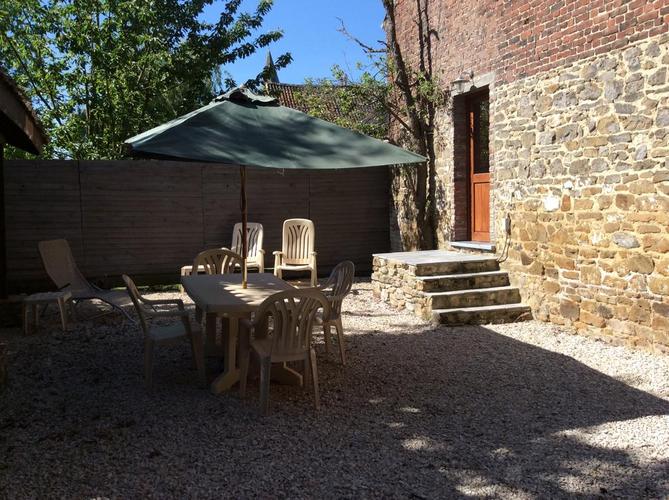Geographical Overview
Om Belgium, a country nestled in the heart of Western Europe, boasts a rich tapestry of landscapes and cultures. Spanning an area of approximately 30,528 square kilometers, Belgium is bordered by the Netherlands to the north, Germany to the east, Luxembourg to the southeast, France to the south, and the North Sea to the west. Its diverse geography includes the flat and fertile Flanders Plain in the north, the rolling hills of the central region, and the rugged Ardennes High Plateau in the south.
People and Ethnic Groups
Belgium is a melting pot of cultures, primarily consisting of two ethnic groups: the Flemings and the Walloons. The Flemings, with their Teutonic origins, predominantly inhabit the northern part of the country, while the Walloons, of Celtic descent with possible Alpine influences, reside in the southern region. Additionally, there is a small German-speaking community in the eastern part of Belgium, known as the German-speaking Community of Belgium.

Language and Culture
Belgium is unique in that it has three official languages: Dutch, French, and German. The Dutch-speaking Flemings dominate in the north, with Dutch being the primary language. In contrast, the French-speaking Walloons in the south use French as their mother tongue. The German-speaking community, as mentioned earlier, speaks German. This linguistic diversity reflects the country’s complex historical and cultural background.
Economic Strength
Belgium is a highly developed capitalist country with a strong emphasis on international trade. It is one of the world’s top ten trading nations, with approximately two-thirds of its GDP coming from exports. The country boasts a well-developed industrial sector, with key industries including chemicals, automotive, and aerospace. Belgium’s strategic location in Europe has also contributed to its economic success, making it an important hub for international businesses.
Infrastructure and Transportation
Belgium has an extensive and efficient infrastructure, with an impressive network of ports, canals, railways, and roads. The country’s transportation system is well-connected, making it easy to travel between different regions. Brussels, the capital city, serves as a major transportation hub, with numerous train and bus connections to other European cities. Belgium’s infrastructure also plays a crucial role in its economic integration with neighboring countries.
Political and International Influence
Belgium is a founding member of both the European Union and the North Atlantic Treaty Organization (NATO). The country’s capital, Brussels, is home to the headquarters of several major international organizations, including the European Union, NATO, and the World Trade Organization. This makes Belgium a significant player in global politics and diplomacy.

Historical Significance
Belgium has a long and storied history, with evidence of human settlement dating back to the Neolithic period. The country has been influenced by various civilizations, including the Celts, Romans, and Franks. Belgium’s history is marked by periods of occupation and independence, with notable events such as the Belgian Revolution in 1830, which led to the country’s independence from the Netherlands.
Cuisine and Gastronomy
Belgian cuisine is renowned for its variety and quality. The country is famous for its chocolates, waffles, and beers. Belgian chocolates are known for their high-quality ingredients and exquisite taste, while waffles come in various flavors and are a popular street food. Belgium also produces some of the world’s finest beers, with over 1,000 different types available.
Conclusion
Om Belgium is a country that offers a rich blend of cultures, languages, and landscapes. Its strategic location, economic strength, and historical significance have made it an influential player on the global stage. From its charming cities to its breathtaking natural beauty, Belgium is a destination that offers something for everyone.




